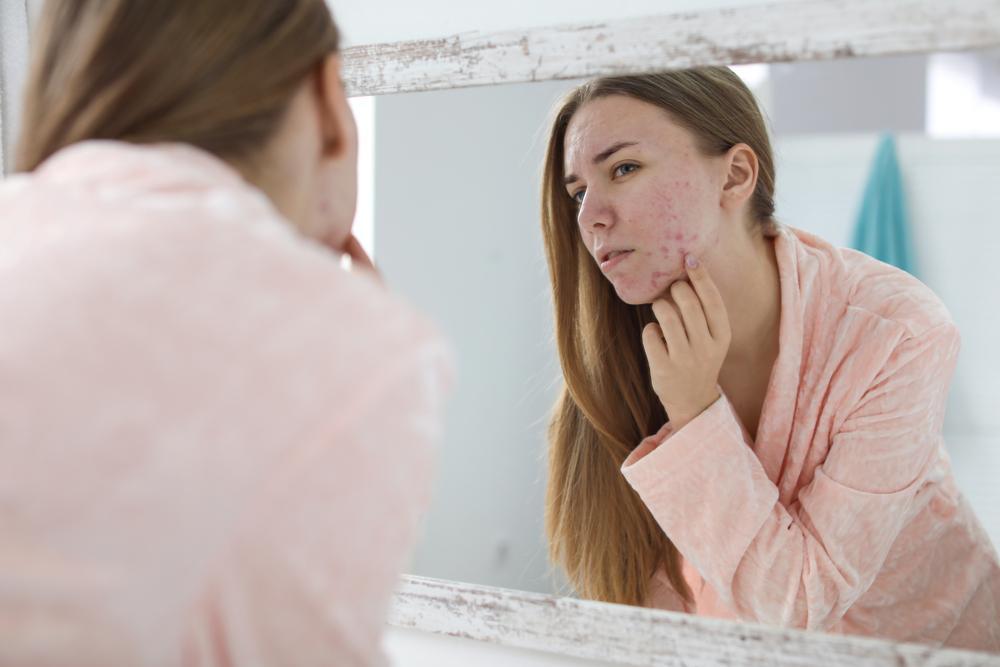You may think acne is the domain of post-pubescent teenagers, but the fact is that just about anyone could be vulnerable to this. From hormonal changes and genetic proclivity to overly dry skin, any combination of factors could be contributing to your acne.
Luckily, there is plenty you can do to keep your face clear of blemishes. Here’s how to prevent acne.
Cleanse your face
This is applicable whether you have acne or not. By washing your face twice on a daily basis, you eliminate the impurities, excess oil and dead skin cells from your skin. However, don’t wash more than twice, or you risk irritating your skin. Just use lukewarm water with a mild cleanser, and skip on harsh soaps or coarse loofahs.
Wash gently, rinse well, and pat your face dry with a clean towel.
You should also take care to completely wash makeup off your face at the end of the day. Going to sleep with a face full of makeup is one surefire way to breakout. If you’re currently suffering from acne, avoid using makeup on the afflicted areas unless it’s noncomedogenic – these don’t cause acne.
Your cosmetics should ideally be oil-free, and contain no added chemicals or dyes.
Use OTC products
Over the counter products don’t require a prescription for purchase, and they work by reducing bacteria and drying out your acne. Don’t use too many products that contain ingredients like salicylic acid, benzoyl peroxide and lactic acid, which are all immensely drying.
Dab a small amount on the afflicted areas initially, and gradually adjust the amount to your needs. These products may not mesh well with sensitive skin, in which case you should consult with your clinician before using them.
Moisturize well
You may think that oily faces are the ones most prone to acne, but dry skin is actually just as prone to breakouts! Many cleansers and acne products will dry out your skin, so it’s important to use a moisturizer that prevents dryness. If you have dry, oily or combination skin, use noncomedogenic moisturizers.
Steer clear of harmful hair products
Your hair will tend to touch your face, particularly if it’s long. If you use oils, fragrances, gels or pomades on your hair, they can get to your face, where they could block your pores and irritate the skin. Oily hair can make your face oilier.
Use mild shampoos, conditioners and styling products, and pull long hair away from your face.
Avoid touching your face
Don’t touch your face too often, whether you’re feeling for acne or unconsciously resting your hand on your cheek. The action can spread bacteria from your hand to your face, and even irritate your acne further. Additionally, avoid popping pimples at all costs – it could lead to infection and scars.
Have a healthy lifestyle
Add whole grains and fresh fruits and vegetables to your diet, and avoid oily and greasy foods. You should also stay away from processed sugar, since this could trigger acne. Combine this with regular exercise, which is good for your skin as well as your entire body. Just make sure to shower right after you exercise to avoid breakouts!
Keep these points in mind, and you’ll soon have a clear face. If your acne persists, talk to a doctor to find out the underlying issues. To make an appointment with a physician at Health One Family Medicine, visit https://www.healthonemedicine.com/ or call (469)262-5762.

